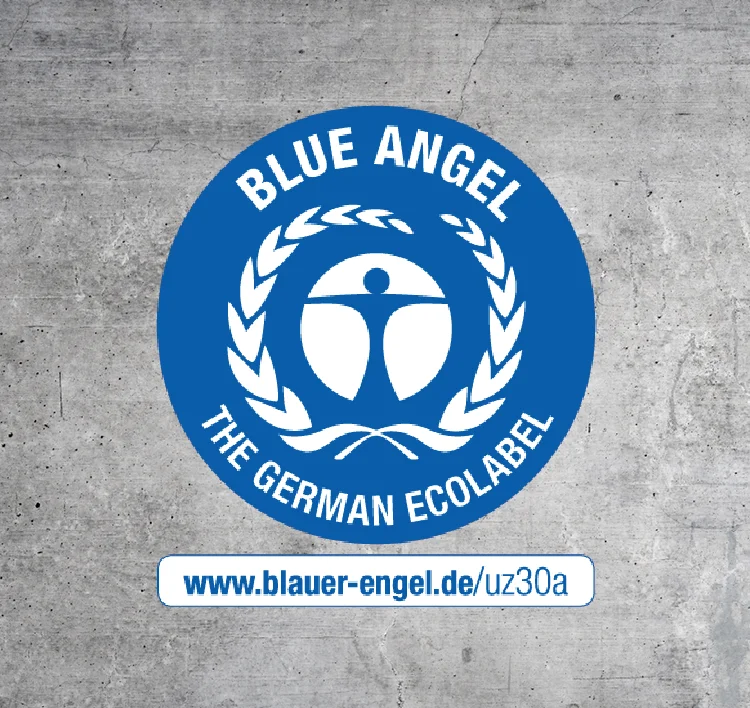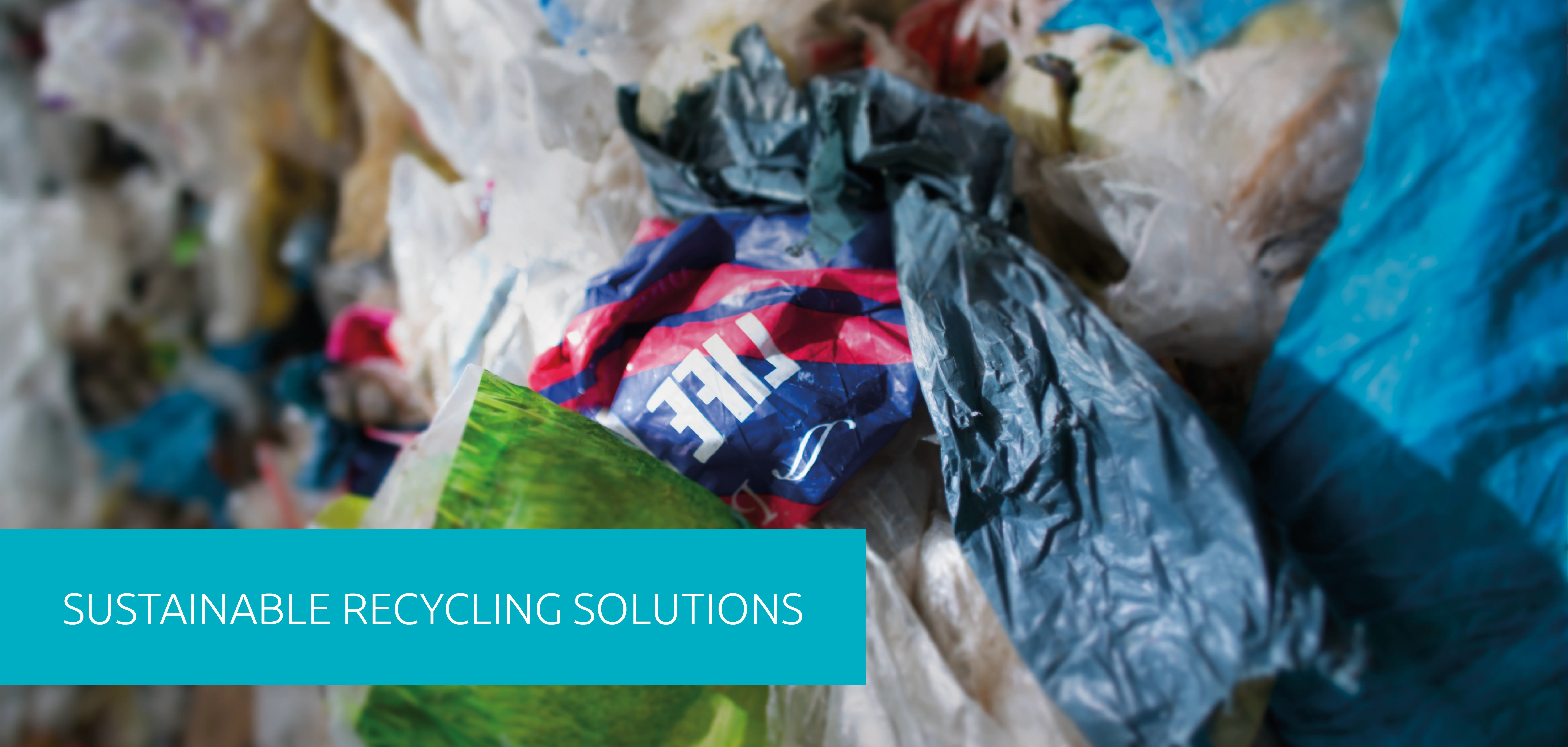
SUSTAINABLE RECYCLING
Conversion of waste into recycled material
We have long since reached a point where we consume more resources than our earth is able to produce. At the same time, our livelihoods are largely dependent on renewable and non-renewable resources. Protecting them and making their use as efficient as possible is not only important for the lives of future generations, but is already one of the greatest challenges of our time in terms of global environmental and climate protection. In this context, the subject of sustainability is growing in importance, as is the concept of the circular economy. The aim of a circular economy is to preserve the value of resources and materials used once for as long as possible and to generate as little waste as possible. This sustainable development reduces the depletion of fossil resources and CO2 emissions. However, the transition from a linear to a circular economy can only succeed if it is supported by all sections of society.
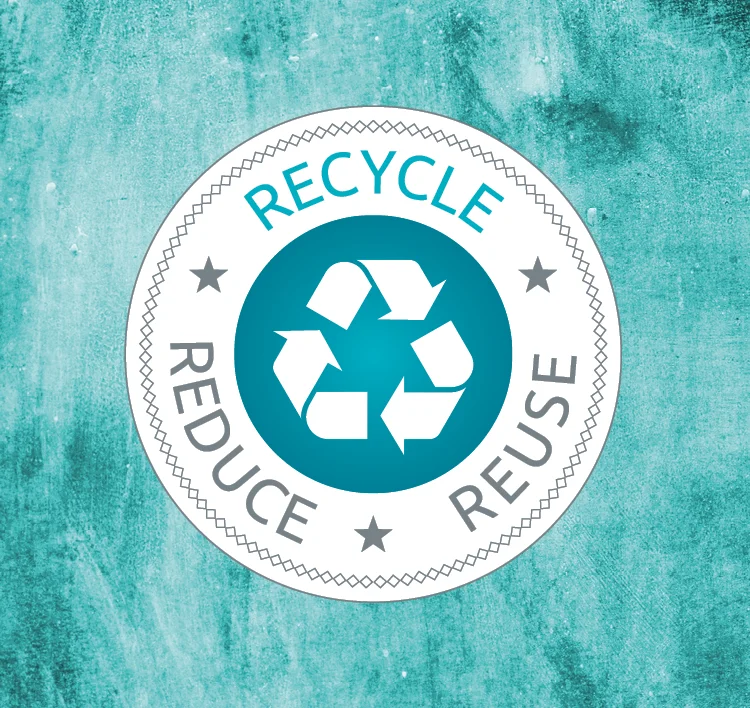
REDUCE, REUSE, RECYCLE
The essential components of the circular economy are the “three R’s”. Reduce, Reuse, Recycle. Accordingly, the first priority is conscious and sustainable consumption that each individual can incorporate in their daily life with the aim of reducing unnecessary waste from the outset. In second place is reuse, as in using things that already exist in their original form for as long as possible, for example by repairing, giving away or selling products. Ultimately, however, every product reaches a point where they are obsolete and can no longer be used. This is where recycling comes in, i.e. creating something new out of something old and unusable.
CONSERVING RESOURCES THROUGH RECYCLING
Recycling short-life plastic packaging is particularly important for protecting resources and the environment because it is produced almost exclusively for single use and then immediately disposed of. With the huge quantities of packaging waste generated on a daily basis, environmentally friendly solutions and technologies are urgently needed to recycle as much packaging as possible and keep it in the cycle long term. In this way, natural resources are conserved, especially crude oil, which serves as a basis for the production of new plastic. Moreover, much less energy is used for recycling than if a product or material is created from scratch.
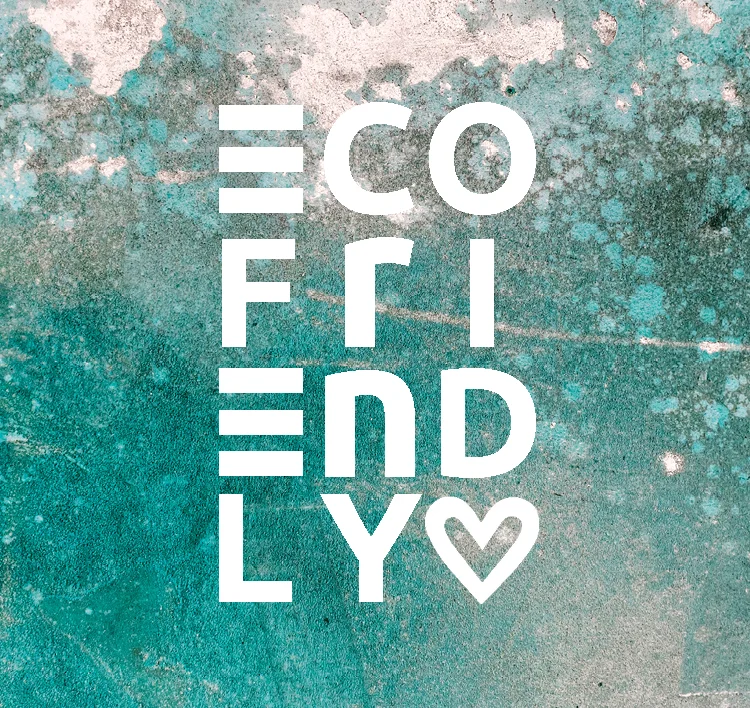
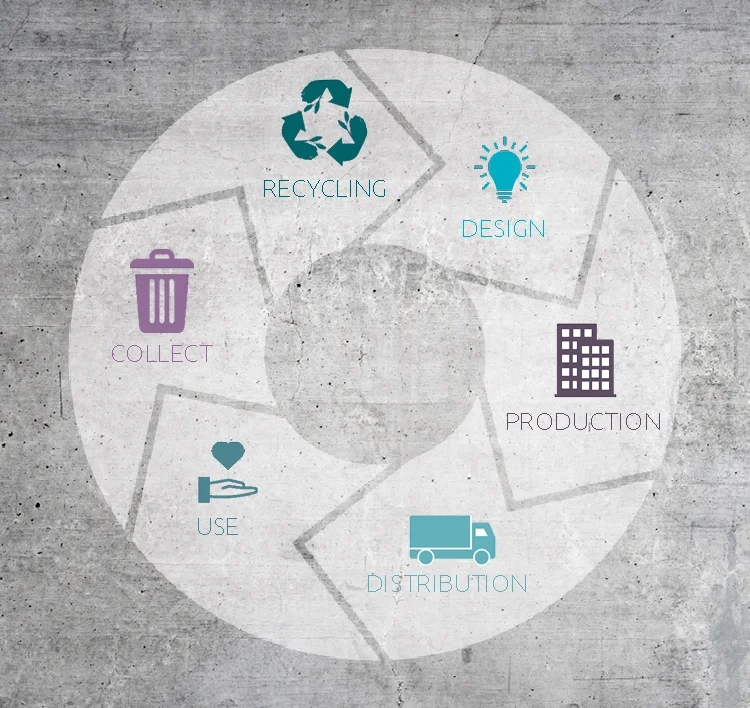
CHALLENGES OF THE CIRCULAR ECONOMY
The prerequisite for high-quality recycling and a sustainable circular economy is ensuring that the separation of recyclable materials is as clean as possible. Therefore, everyone can make an important contribution to increasing recycling rates by disposing of and separating their waste correctly. In the sorting plants, the collected plastic packaging is then sorted according to different types of plastic, such as PE, PP or PET. This sorting is a necessary requirement for functionally identical recycling. It means that packaging can be turned into new packaging again. In reality, however, this process is often very difficult because the majority of the packaging is made from composite plastics and therefore consists of several plastics glued together. Separating different types of plastics is very time-consuming and also very energy-intensive. For this reason, mixed plastics are often not recycled but instead sent for thermal recovery.
INNOVATIVE RECYCLING SOLUTIONS
At HAHN Group, we have been supporting the circular economy since 1993, by recycling precisely these mixed plastics, as these waste fractions are also valuable and reusable resources. We use waste plastic to produce our hanit material, from which new products are created for a wide range of applications. The special feature of our hanit recycled products is that they are very robust and therefore extremely durable compared to products made from conventional materials. And, what's more, they can be fully recycled after their long service life. Our reusable material is therefore a sustainable alternative to products from virgin plastic and many other conventional materials, the production of which requires the extraction of finite resources. Combined with the high quality and economic benefits due to low maintenance and servicing costs, our customers particularly value this ecological aspect of hanit.
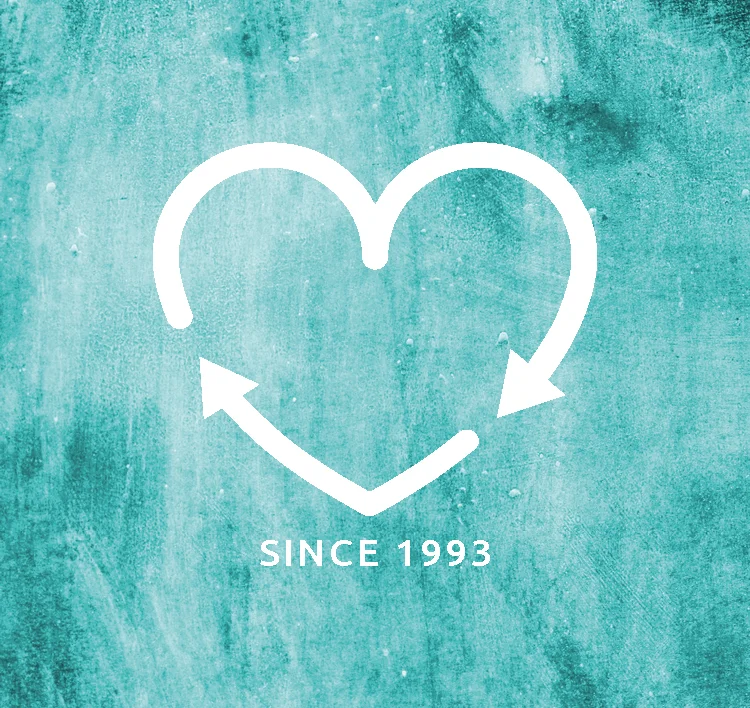
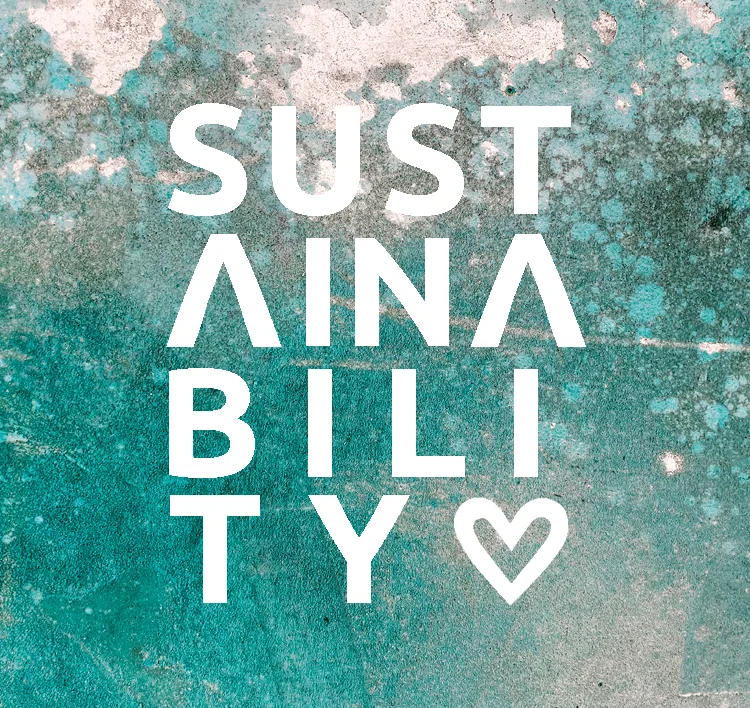
SUSTAINABILITY MISSION STATEMENT
The transformation topic sustainability has been an integral part of our corporate culture from the very beginning and acting sustainably is common practice. We want to help to create a world worth living in for future generations and therefore pay great attention to conserving resources and sustainability in all areas of the company. We are aware of our responsibility as a recycling company and would like to continue putting many types of plastic packaging to good use in the future by developing new project and production solutions from our tried and tested recycled plastic. At HAHN Group, tradition and innovation have always been closely entwined.
ENVIRONMENTALLY FRIENDLY PRODUCTS AND SERVICES
Since 2005 the majority of our products have carried the Blue Angel eco label. The Blue Angel has been the German government's independent eco label for over 40 years and guarantees that products and services meet high environmental, health and performance standards. A Blue Angel product must, for example, conserve resources during production, be made from sustainably produced raw materials, and be easy to recycle or particularly durable. According to the Blue Angel, over 12,000 environmentally friendly products and services from around 1,600 companies are awarded this eco label.
